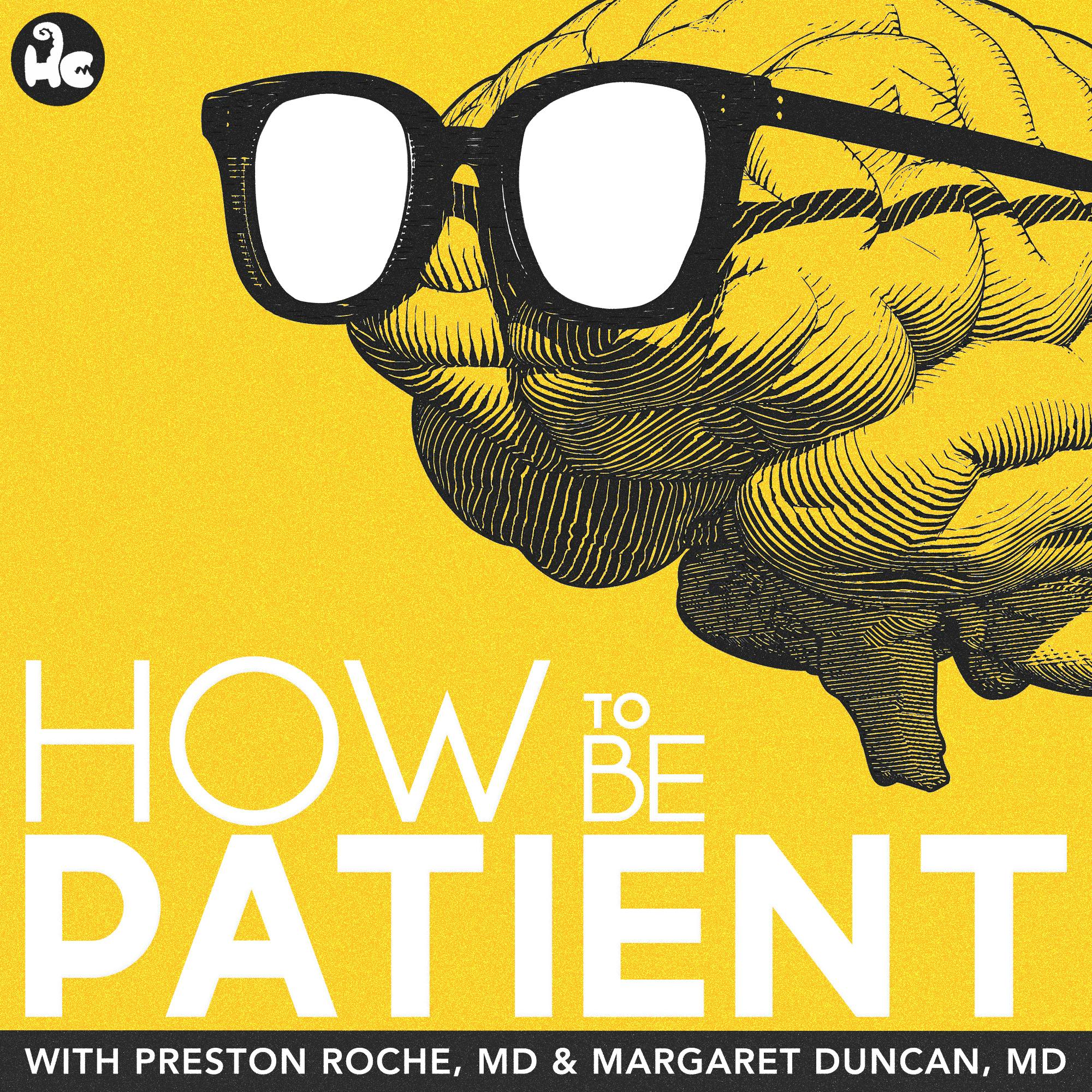The Mind-Body Connection: How Exercise Impacts Mental Well-being
This blog post explores the mind-body connection: that fascinating interplay between exercise and mental health, a topic we delve into deeply in our latest podcast episode. We'll unpack the science behind how physical activity influences brain function and mood, and conversely, how mental health conditions can affect our ability to exercise. We'll also tackle common misconceptions and offer practical strategies for incorporating movement into your life in a sustainable and enjoyable way. This post complements our recent podcast, Exercise, Nutrition and Mental Health, providing a more in-depth look at the science and practical applications of this crucial connection.
Understanding the Bidirectional Relationship
The relationship between exercise and mental well-being isn't one-sided; it's a dynamic, bidirectional interaction. Exercise demonstrably improves mental health, reducing symptoms of anxiety and depression, boosting mood, and enhancing cognitive function. This isn't merely anecdotal; numerous studies have confirmed these benefits. For example, research indicates that regular physical activity increases the production of endorphins, natural mood boosters that have analgesic and mood-elevating effects. Furthermore, exercise promotes neurogenesis, the growth of new brain cells, particularly in the hippocampus, a brain region crucial for learning and memory.
However, the relationship also works in the other direction. Mental health conditions, such as depression and anxiety, can create significant barriers to engaging in regular exercise. Individuals struggling with these conditions may experience fatigue, lack of motivation, or feelings of overwhelming anxiety, making it difficult to initiate or maintain a consistent exercise routine. Recognizing this bidirectional relationship is crucial for developing effective strategies to promote both physical and mental health.
The Neurological Impact of Exercise
The positive effects of exercise on the brain are multifaceted. Beyond endorphin release and neurogenesis, exercise also improves blood flow to the brain, delivering essential oxygen and nutrients. This enhanced blood flow supports optimal brain function, improving cognitive processes such as attention, memory, and executive function. Studies have shown that regular exercise can even protect against age-related cognitive decline and reduce the risk of developing neurodegenerative diseases like Alzheimer's.
Moreover, exercise reduces levels of stress hormones like cortisol. Chronic stress is detrimental to mental health, contributing to anxiety, depression, and other mental health challenges. By lowering cortisol levels, exercise helps to mitigate the negative impacts of stress on the brain and body, promoting a sense of calm and well-being.
Debunking Common Myths about Fitness and Mental Health
Many misconceptions surround the relationship between exercise and mental health. One prevalent myth is that exercise needs to be intense and strenuous to be effective. This is simply not true. The key is consistency and finding an activity that you enjoy. Whether it's a brisk walk, a yoga class, dancing, or team sports, any form of regular physical activity can yield significant mental health benefits.
Another common misconception is that exercise is only beneficial for weight loss. While weight management can be a positive outcome of regular exercise, focusing solely on aesthetics can be counterproductive. Shifting the focus towards functional strength, improved mood, and increased energy levels can create a healthier and more sustainable relationship with physical activity.
Addressing Barriers to Exercise
Many people face barriers to incorporating exercise into their lives. These barriers can be physical, such as chronic pain or physical limitations, or psychological, such as anxiety, depression, or a lack of motivation. It's crucial to address these barriers individually and develop strategies tailored to each person's specific circumstances.
For those struggling with psychological barriers, seeking professional support from a therapist or counselor can be immensely helpful. Cognitive Behavioral Therapy (CBT) and other therapeutic interventions can help address negative thought patterns and develop coping mechanisms to overcome challenges related to motivation and anxiety.
For individuals with physical limitations, it’s essential to work with healthcare professionals to identify safe and appropriate forms of exercise. Adaptive exercises and modifications can allow individuals to participate in physical activity despite physical limitations.
Practical Strategies for Incorporating Exercise into Your Life
The most effective approach to incorporating exercise into your life is to start small and set realistic goals. Instead of aiming for drastic changes overnight, begin with short, manageable sessions and gradually increase the intensity and duration of your workouts as your fitness improves. This approach helps to build consistency without overwhelming yourself.
Finding an activity that you genuinely enjoy is crucial for long-term adherence. Experiment with different types of exercise to discover what suits your preferences and abilities. Whether it's hiking in nature, joining a dance class, or lifting weights, finding something enjoyable will significantly increase your likelihood of sticking with it.
The Importance of SMART Goals
Setting SMART goals (Specific, Measurable, Achievable, Relevant, Time-bound) is a powerful technique for creating a sustainable exercise routine. Instead of a vague goal like "exercise more," a SMART goal might be: "Walk for 30 minutes, three times a week, for the next month." This specific, measurable, achievable, relevant, and time-bound goal provides clarity and direction, making it easier to track progress and stay motivated.
Remember, consistency is key. Even short bursts of physical activity throughout the day can contribute to overall health and well-being. Taking the stairs instead of the elevator, walking during your lunch break, or incorporating short exercise breaks into your workday can all add up to significant health benefits.
Conclusion
The mind-body connection is undeniable. Exercise significantly impacts mental well-being, influencing mood, cognitive function, and stress levels. However, it's crucial to remember that this is a bidirectional relationship, and mental health conditions can create barriers to regular physical activity. By addressing these barriers, setting realistic goals, and finding enjoyable forms of exercise, we can harness the power of movement to promote both physical and mental health. This blog post expands on the themes explored in our podcast episode, Exercise, Nutrition and Mental Health, offering a deeper dive into the science and practical strategies discussed therein. We encourage you to listen to the episode for further insights and a broader perspective on this crucial topic.

















